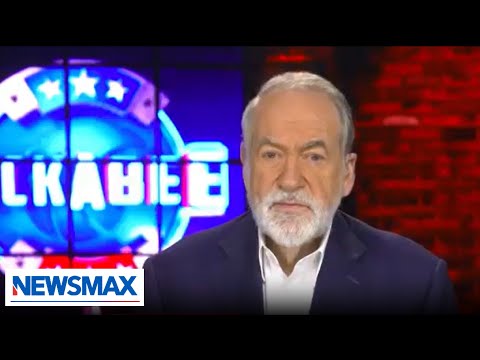In recent developments regarding the volatile situation in the Middle East, the call to eradicate Hamas has grown louder, and support for Israel remains strong. The stage has been set for deeper conversations and decisive action, as evidenced by U.S. Secretary of State Marco Rubio’s visit to Israel. This trip marks his inaugural journey to the region in his current role, emphasizing the importance of U.S. foreign policy in navigating these turbulent waters. Together with Israel’s Prime Minister Benjamin Netanyahu, they are expected to address the newly heightened threats and ongoing challenges posed by Hamas and Iran.
Iran’s menacing intentions towards Israel and the United States cannot be overstated. Many see Iran as the major destabilizer in the Middle East, one with a long history of aggression and hostility. Their push for nuclear capabilities presents not only a challenge to Israel but an existential threat to the United States as well. Given this context, Rubio has pledged to align firmly with the administration’s strategy to confront Iran decisively. This collective effort is deemed necessary by many to ensure the safety of not just Israel, but also the broader region which is at risk from Iran’s ambitions.
Coverage in the media surrounding these serious matters sometimes strays into the bizarre. Recently, an interview with Margaret Brennan on CBS drew criticism for her misinterpretation of historical events, particularly regarding the Holocaust. Comparing the genocidal actions of the Nazis with free speech raised eyebrows and sparked a backlash. This incident further illustrates a growing concern among commentators about how today’s legacy media often fails to handle complex issues straightforwardly and responsibly. Rubio’s strong pushback during this interview was hailed by many as a necessary moment of clarity in the midst of muddled narratives.
As Hamas continues to hold hostages, the situation remains grave. Just recently, three hostages were released, including one American, igniting discussions about the implications for U.S. foreign policy moving forward. President Biden previously set an ultimatum for Hamas regarding hostages, leaving Israel with critical decisions to make on how to respond. Governor Mike Huckabee emphasized the shift in U.S. policy from the previous administration to Trump’s more straightforward and supportive stance towards Israel, allowing for clearer and more effective responses to the ongoing crisis.
The connection between American evangelicals and Israel remains a significant aspect of discussions surrounding U.S. support. Governor Huckabee held a notable meeting with Netanyahu and 13 other evangelical leaders, reinforcing the deep ties that exist due to shared beliefs and values. For many evangelical Christians, support for Israel springs from their biblical principles, creating a robust foundation for international allyship. This meeting served not only to deepen understanding but also to convey a powerful message of solidarity, demonstrating that Israel is not alone in its struggles but has a powerful ally in the form of American evangelicals who stand firmly with them during these challenging times.
These developments in the Middle East signal a commitment to addressing the threats posed by extremist groups like Hamas and the Iranian regime. With strong leadership and an unwavering support system, the path forward is undoubtedly fraught with challenges, yet there is hope that focused efforts can help secure peace and stability in a region long plagued by turmoil.



